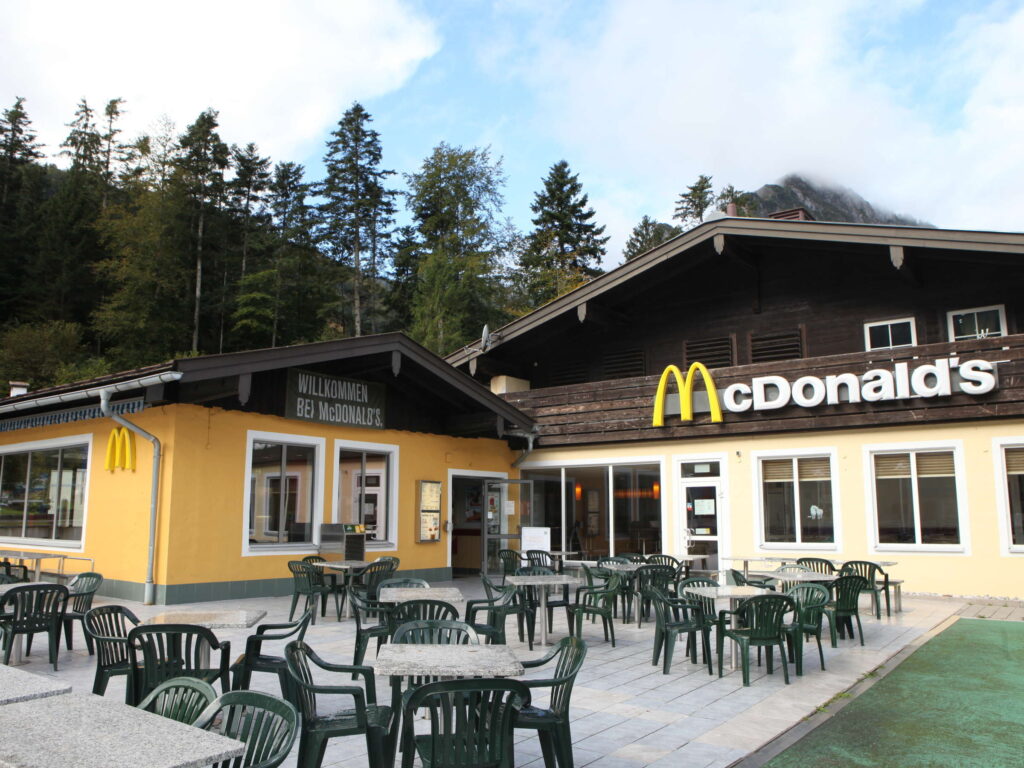
Introduction
McDonald’s, the iconic fast-food restaurant chain, has been a staple in the global food industry since its founding in 1940. Known for its hamburgers, fries, and breakfast offerings, the brand has evolved over the decades to meet changing consumer preferences and societal trends. As one of the world’s largest fast-food chains, McDonald’s plays a significant role in not only the economy but also in shaping food culture globally.
The Current Landscape
In recent years, McDonald’s has faced various challenges, including changing dietary preferences toward healthier options, the rise of plant-based diets, and increased competition from other fast-food providers. In response, the company launched its ‘Better M’ initiative, focusing on sustainable sourcing, menu diversification, and transparency in nutritional information. The introduction of plant-based options, such as the McPlant burger, meets the demands of health-conscious consumers while reinforcing the brand’s commitment to sustainability.
Moreover, technology has changed the way consumers interact with fast food. McDonald’s has embraced digital transformation through mobile ordering, delivery partnerships, and self-service kiosks, enhancing customer experience and convenience. The leveraging of data from these platforms allows McDonald’s to further tailor their menu and marketing to regional tastes.
Recent Developments
As part of its ongoing commitment to evolve, McDonald’s is also focusing on sustainability efforts, with several initiatives aimed at reducing waste and carbon emissions. The company’s 2021 pledge to reduce greenhouse gas emissions from its restaurants and offices by 36% by 2030 has been welcomed by environmental advocates. Initiatives include switching to more sustainable packaging materials and investing in renewable energy sources.
Furthermore, amidst the COVID-19 pandemic, McDonald’s implemented measures to ensure customer safety, including contactless service options and heightened sanitation protocols. The recovery strategy post-pandemic is geared towards reestablishing brand loyalty and expanding into emerging markets where growth potential remains high.
Conclusion
As McDonald’s moves forward, its ability to adapt to changing consumer preferences and global challenges will be critical in maintaining its position as a leader in the fast-food industry. The continued emphasis on sustainability, technological advancements, and menu innovation will not only keep McDonald’s relevant but may also inspire other companies in the food sector. For consumers, these changes signify an exciting journey ahead with the brand, promising not just familiar favorites but also new possibilities that cater to an evolving global palate.



